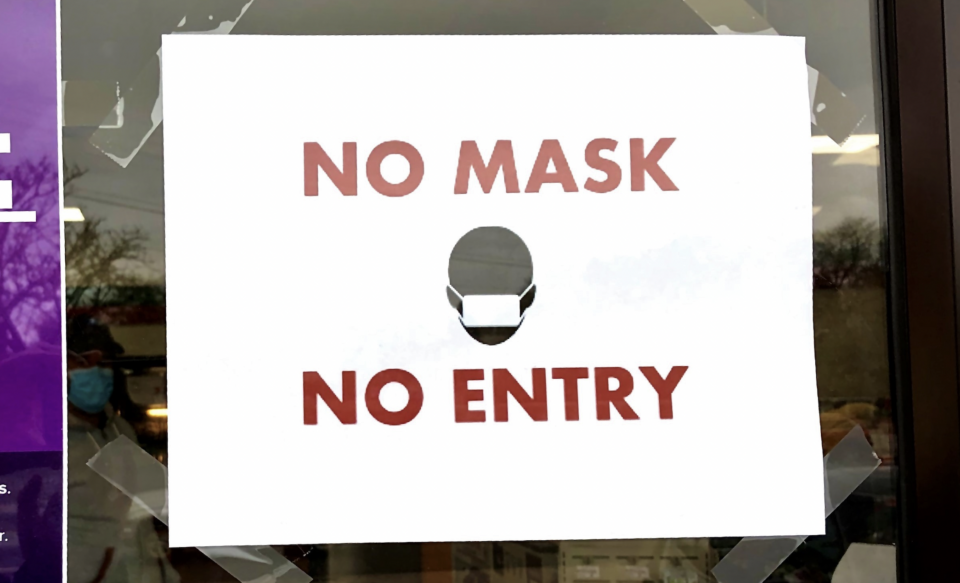In response to a marginal increase in COVID-19 hospitalizations and the emergence of new viral variants, governments and private entities appear to be exploiting the situation to promote the uptake of bivalent boosters and to push for a revival of routine mask-wearing. However, what remains conspicuously absent from these appeals is robust evidence substantiating the efficacy of these measures against a virus that has already conferred natural immunity to around 95% of Americans, as indicated by a Harvard study published in Clinical Infectious Diseases.
Dissenting voices, such as science journalist David Zweig, have pointedly questioned the rationale behind the alarmist language used by public health experts to characterize the situation. Zweig, who has been critical of policies like school mask mandates and social distancing, contends that the media’s hyperbolic depiction of risk teeters dangerously close to misinformation.
Even President Biden, a vocal advocate for COVID vaccines, has conceded that current vaccines are not performing as anticipated. In a recent press statement, he outlined his intention to secure additional funding for a new vaccine that is both effective and tentatively recommended for everyone, regardless of their vaccination history, prior infection, or risk level.
A new viral variant, BA.2.86, has prompted a cautious note from the Centers for Disease Control and Prevention (CDC). While acknowledging that this variant may be more infectious, the CDC remains circumspect about its potential for severe illness. Curiously, the agency’s warnings are not accompanied by substantial evidence, leaving the public somewhat adrift in the sea of uncertainty.
The issue of masking has also been enshrouded in ambiguity. The CDC’s claims regarding the benefits of masking lack empirical backing, a fact underscored by a paper posted online but not yet printed in the Journal of Racial and Ethnic Health Disparities. The study reveals that persuading different racial and ethnic groups to embrace masking is predicated on distinct beliefs and behavioral drivers, rather than a universal consensus on its efficacy.
Revelations from newly disclosed emails authored by Biden’s former COVID advisor suggest that the CDC has faced criticism behind closed doors for its handling of mask evidence. The correspondence reveals discrepancies between public representation and private communication, with allegations that the agency is misleading the public about the efficacy of masks.
The push for bivalent boosters continues despite a lack of substantive movement in vaccination rates. Cleveland Clinic research has even indicated a potential correlation between the number of booster shots and an increased susceptibility to reinfection. This raises questions about the effectiveness and long-term implications of these measures.
In the education sector, over 90 colleges persist with mandates for primary-series vaccines or boosters, a stance that some view as dismissive of personal medical choice. A diversity of policies has emerged across campuses, reflecting an uneven approach to recognizing the value of natural immunity.
The revival of masking mandates has been met with resistance, with figures such as Florida Surgeon General Joseph Ladapo asserting that mask rules have proven ineffective. This sentiment is mirrored by former New York Times science columnist John Tierney, who has penned a research-driven critique of masking’s efficacy.
Recent developments underscore the malleability of policies, hinting at a responsiveness to public sentiment. Hollywood studio Lionsgate, for instance, swiftly reversed a mask rule in the wake of a controlled COVID outbreak, while Kaiser Permanente revised a similar rule within a mere two days.
In conclusion, a conservative perspective underscores the need for rigorous evidence-based decision-making. As governments and institutions navigate the ongoing pandemic, their choices must be guided by empirical data rather than alarmist rhetoric. The imperative of personal choice and balanced analysis should remain at the forefront of the discourse, recognizing that fostering a culture of informed decision-making is essential for both public health and individual liberty.

